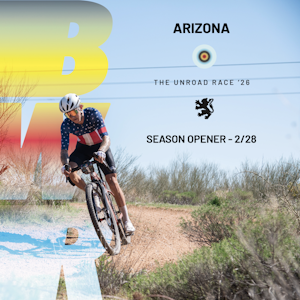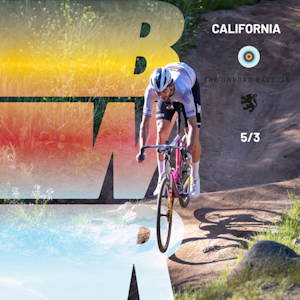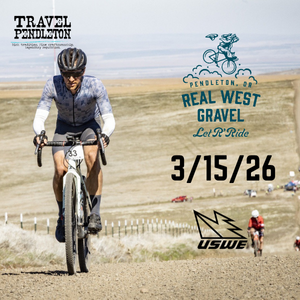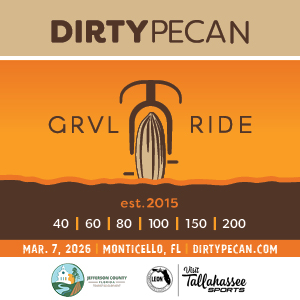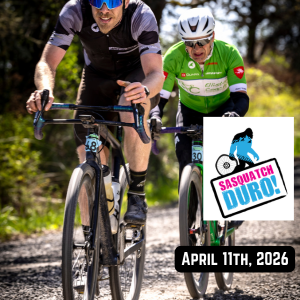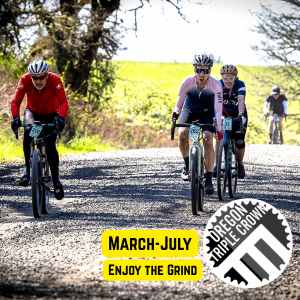Guide to Tackling the 2018 Gran Fondo Stelvio - with Italy Bike Tours
Conquer the iconic Mortirolo and the Stelvio, some of the toughest climbs in Professional Cycling
Situated on the border of Switzerland in the east Italian alps, the Mortirolo and the Stelvio are two of the most beautiful and iconic climbs in the world that echo with the feats of the great Fausto Coppi and Marco Pantani. A relatively new event by Italian standards, it is now known to be one of the hardest Gran Fondos in the world. The event has seen phenomenal growth, with over 2,500 riders travelling from around the world to take on the challenge.
The 151km Gran Fondo contains 4,100 metres, but to those who have ridden the event have recorded unofficial elevation gains in excess the official figures
Nestled at 1,225m above sea level is the beautiful ski and cycling mecca of Bormio. On its very doorstep is some of the best road cycling, mountain biking and skiing in the world. For road cyclists looking to climb some of the most iconic climbs in the world, Bormio is a must. From the five star Grand Hotel Bagni Nuovi all roads lead upwards, the Stelvio, the Gavia, the Umbrail Pass and the Livigsno Pass.
Warmup on the Passo Gavia
Staying for 5 nights, I awoke early on the Saturday and headed east up the Gavia with our guide and a few other guests. The legendary Gavia pass is one of the highest paved mountain passes in the Alps, with a height of 2,621 meters and starts ride outside the hotel. The mountain was made famous in 1988 when the Giro d’Italia passed the Gavia summit in a snowstorm.
The climb is very steep and narrow in places and you climb 17.3 kilometres at an average percentage of 7.9%. It starts to climb through the ski areas and starts to switch back through the trees, which fade away on the upper slopes as you reach higher altitudes.
Make sure you take warmer wear, arm warmers, gloves and a gilet are must, as the temperature drops and there’s snow at the top of the pass all year round. At the top is a lovely café where you can sit by the fire, drink expresso and gaze at the walls containing newspaper cuttings and photos of the greats of the Giro d’Italia.
I enjoyed the thrilling descent back down to Bormio and jumped straight into the pool and Spa to relax and re-charge.
American Andy Hampsten rode into cycling legend over 26 years ago, when a blizzard engulfed the Passo Gavia, and the Giro directors refused to cancel the stage. It was epic stuff for fans, but a living hell for the riders. Some abandoned without adequate clothing for the descent.
His performance on the Gavia that day might be one of the greatest ever by an American in any European Grand Tour. The only American to win the Giro talks about the famous Gavia, you can read his account of the day in his article The Day Strong Men Cried.
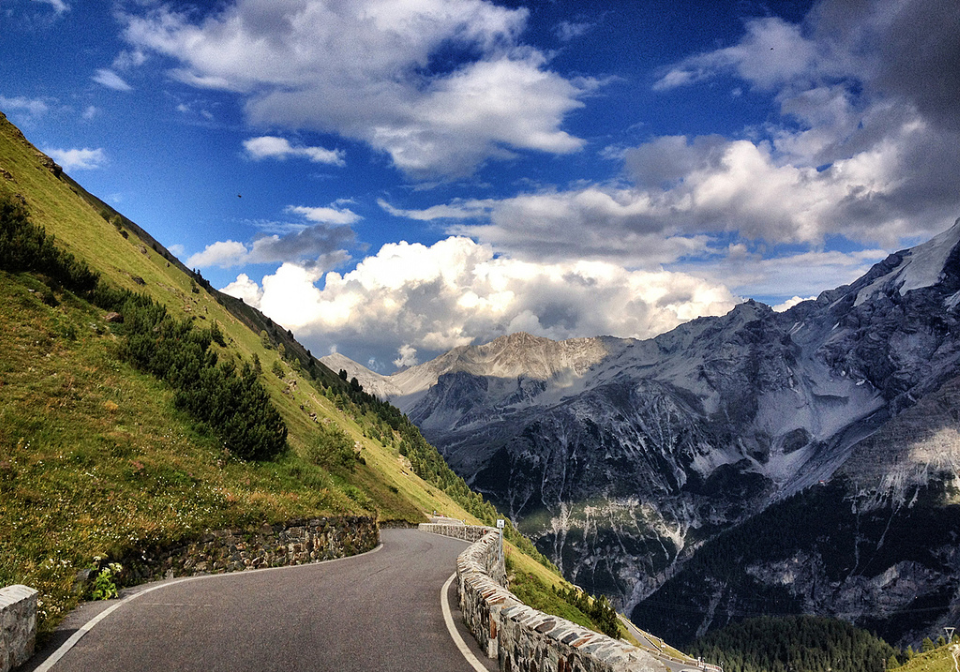
Gran Fondo Start
I woke early for a fabulous breakfast and rolled out of the hotel a few hundred metres to the start and lined up with participants from all over the world who were ready to take on the 60km Piccolo, 137km Medio Fondo with the climb of the Stelvio and the 151 km Gran Fondo with added climb of the legendary Mortirolo.
Having trained specifically for several months, focusing on my climbing and endurance skills, I was ready to tackle one of the grandest of Italian Gran Fondos!
Gran Fondos in Italy are both races and challenges at the same time and semi-professional and espoire’s start at the very front of the huge Peloton. The start was very fast, descending down the valley towards Tirano. For those looking to pace themselves a word of caution don’t go too mad, conserve yourself energy for what’s to come.
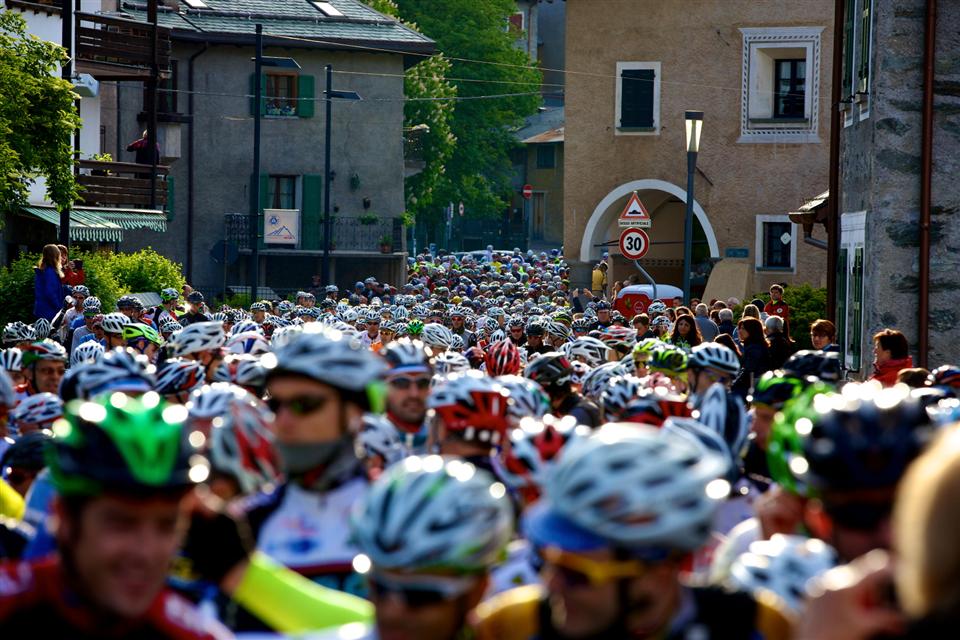
The Teglio
At Tirano the peloton crossed the Fiume Adda river onto very quiet roads and it wasn’t long before the first climb of the Teglio arrived, at 4.6 miles long containing 1,547 feet of climbing at an average of 6%, but contains some gradients nearer 18% in places. The descent to Tresenda is thrilling with multiple hairpins bends. To watch some of the local Italians descend is awe inspiring.
The next climb of the Corna Motta is shorter at 1.5 miles and 500 feet of climbing. After 2.5 hours of racing and 50 miles, I arrived at the feed station. It’s here you can decide to continue north to Bormio and do the Medio Fondo, or turn East for the legendary climb of the Mortirolo.
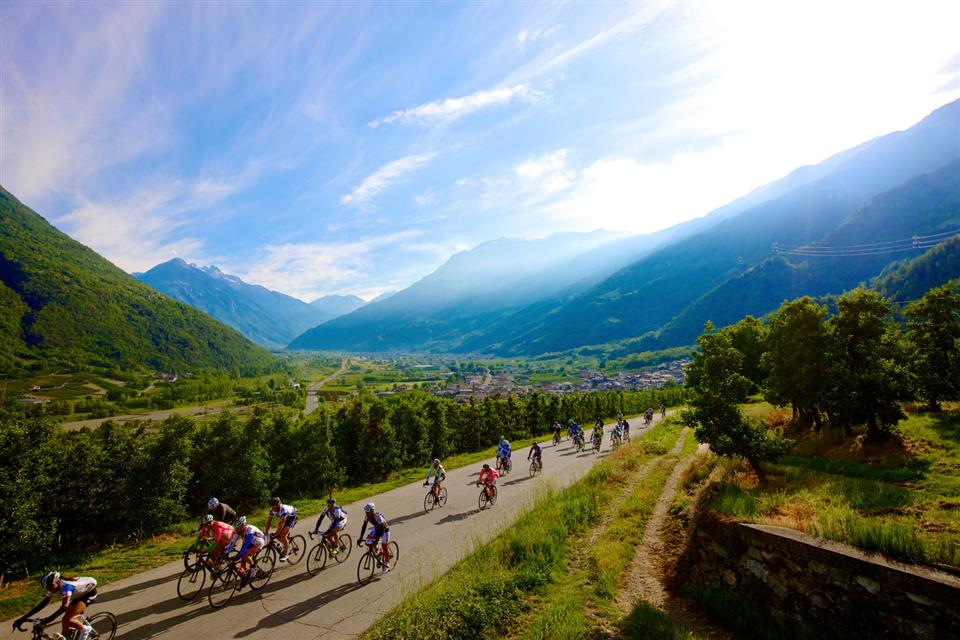
The Passo di Mortirolo
The Mortirolo is reputed to be one of the hardest climbs in cycling, a HC Haute Category climb. With an average gradient of around 8% and stretches of over 18%, on its wooded slopes, it’s around 9.5 miles climbing from the Tovo di Sant’Agata side. The final kilometre includes gradients in excess of 27%, it’s so steep, that the concrete road has had grip marks cut into it, so that vehicles can actually drive up it. This is a true test of climbing and endurance, my advice is to ride at your own pace and don’t go into the red. The final 500 metres is really tough but you’ll be rewarded with a well-placed feed station.
The great Marco Pantani set the fastest time up the Passo di Mortirolo in 1994 with a time 42m 44s. In 1999 the trio of Ivan Gotti, Roberto Heras and Gilberto Simoni were reputed to have climbed it in 41m 42s.
Just recently in 2015, Alberto Contador crested the climb in a time of 45m 14s, an average of 15.52 kph. Contador’s power output is difficult to estimate, but by way of comparison, Ivan Basso’s ascent in 2006 in a time of 44m 32s saw him rack up 411 watts on average over the distance. In 2015 Giovanni Visconti – ![]() according to his Strava file – was at a 321-watt average in hitting a time of 50m 51s.
according to his Strava file – was at a 321-watt average in hitting a time of 50m 51s.
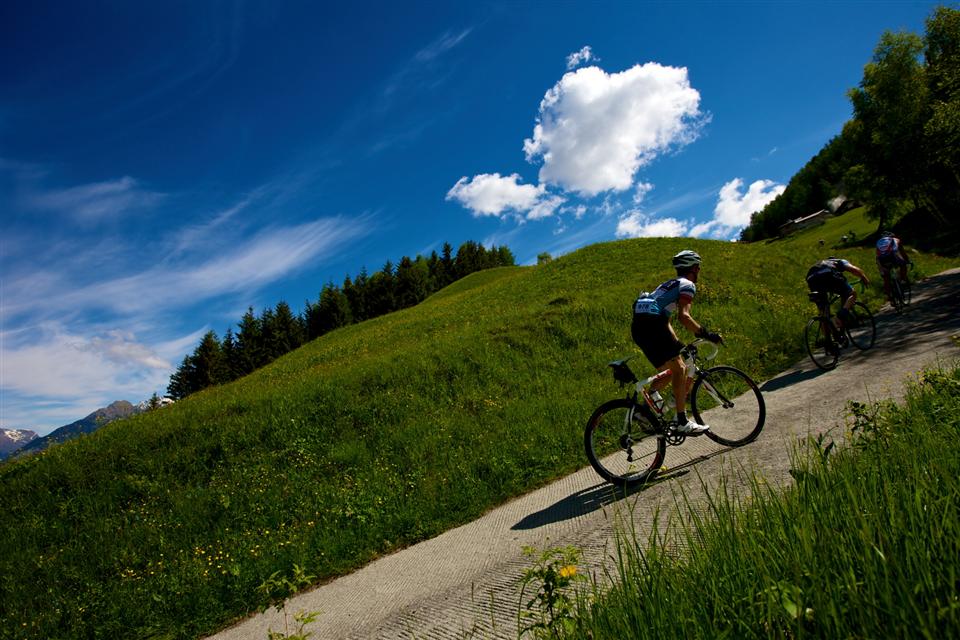
The views of the valley below are amazing and you receive the added bonus of the technical descent back down to the valley below.
At the bottom you’ll gently climb back towards Bormio, through the pretty villages of Mondadizza and Le Prese both of which have freshwater mountain springs at the side of the road. At Capitania you head off across open grasslands for a spectacular view of the mountains around you before returning to Bormio.
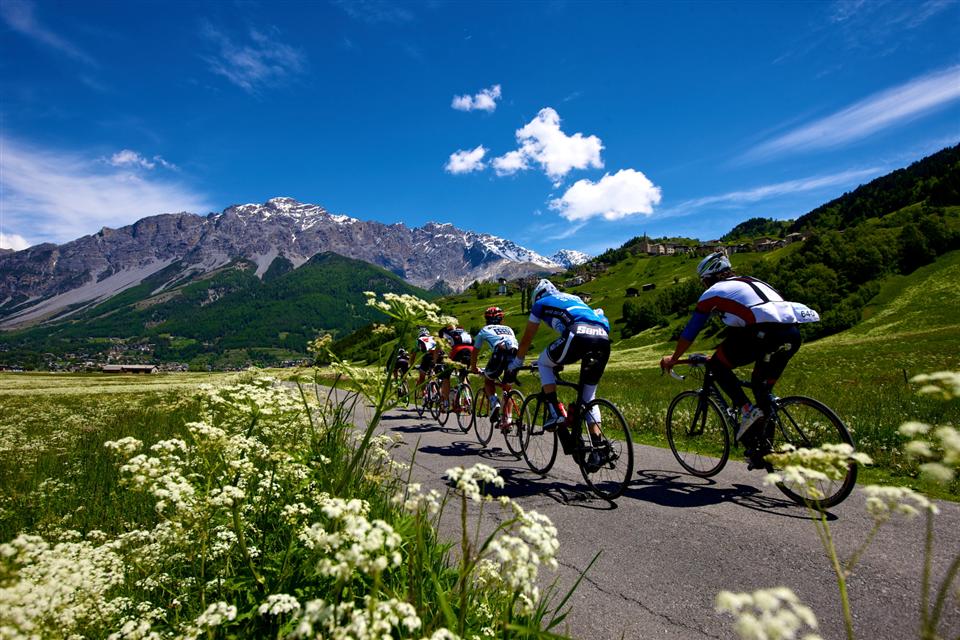
The Passo dello Stelvio (Cima Coppi)
There is time limit to reach the third feed at Bormio to climb the Passo Stelvio. This is 2:15 pm. I reached it at around 1:30 pm and spent some time hydrating and getting as many nutrients into my body for the final climb. I would advise you take on board as much nutrition as you can, including energy gels, energy bars and sports drinks.
It’s halfway up the Stelvio that many riders abandon, purely because they haven’t got enough energy on board. The climb itself is 13 miles, 5,000 feet at an average of 7%.
After the Mortirolo, this is true test of endurance and more than anything, mental stamina. The Stelvio is a very tough climb, it starts out fairly straight for 7 miles winding up out of the valley before reaching the famous 14 switchbacks, which present themselves as a wall in front of you. Don’t be fooled into thinking your anywhere near the top.
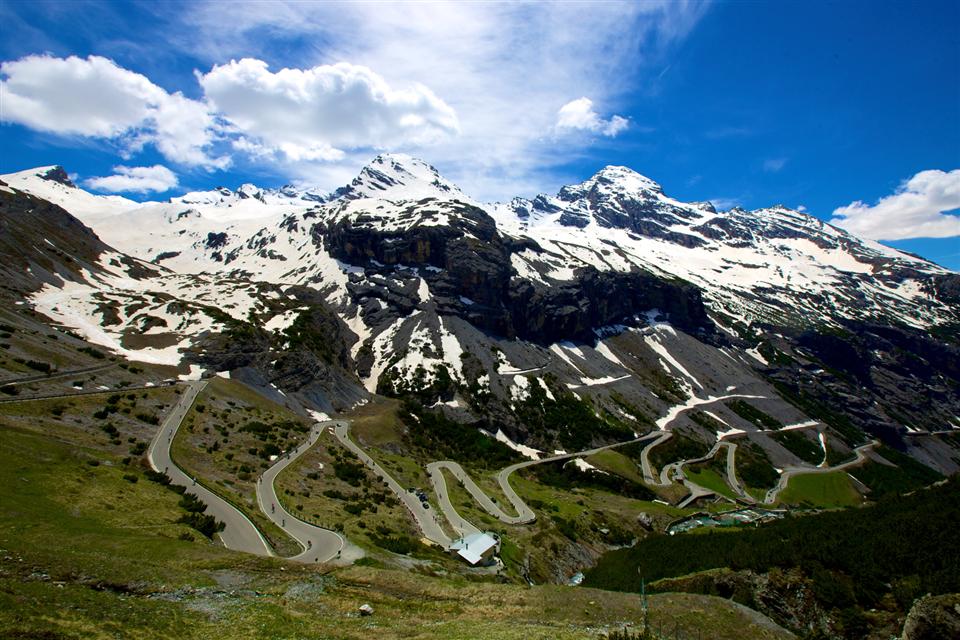
The iconic hotel at the famous Stelvio summit only reveals itself with around 4 miles to go after the last feed station. It seems so tantalizingly within reach. For me the last two miles, where the Umbrail Pass joins the final switch backs, was agony and ecstasy combined. Crossing the line was sheer relief and it took me some time to catch my breath and find my race bag and change into warmer clothes.
After all that effort I enjoyed the 13 mile descent back to the hotel with a huge smile on my face having been victorious.
If you manage to reach the top of the Stelvio and complete the Granfondo you will also receive an exclusive ‘finishers only’ ImadelTcap!
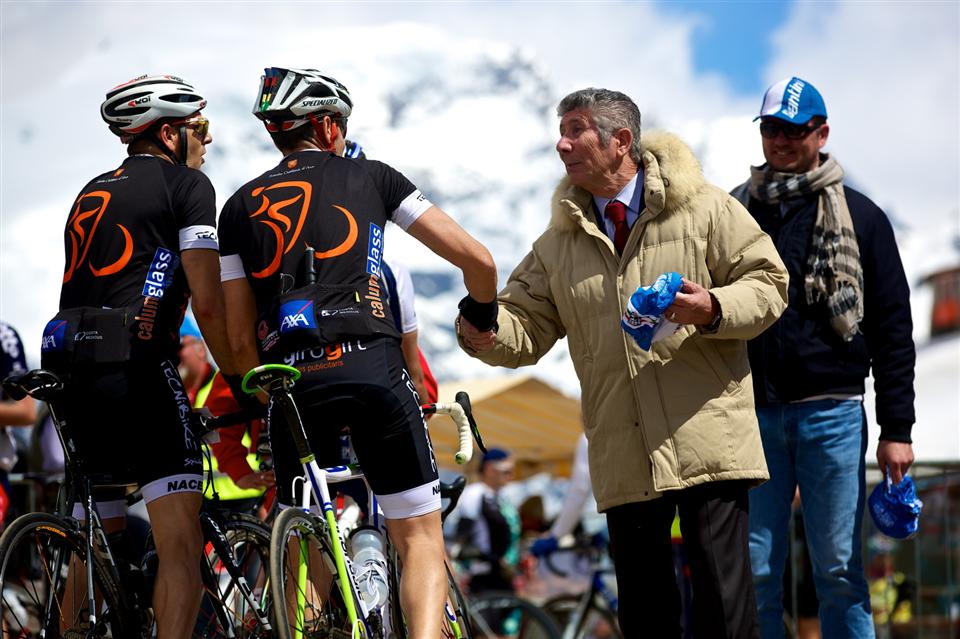
If it isn’t on Strava, it never happened ...
My time was around 7.5 hours. It was an amazing event and I can sleep safe in the knowledge that I conquered some of the toughest climbs in the world, and have the Strava to prove it.
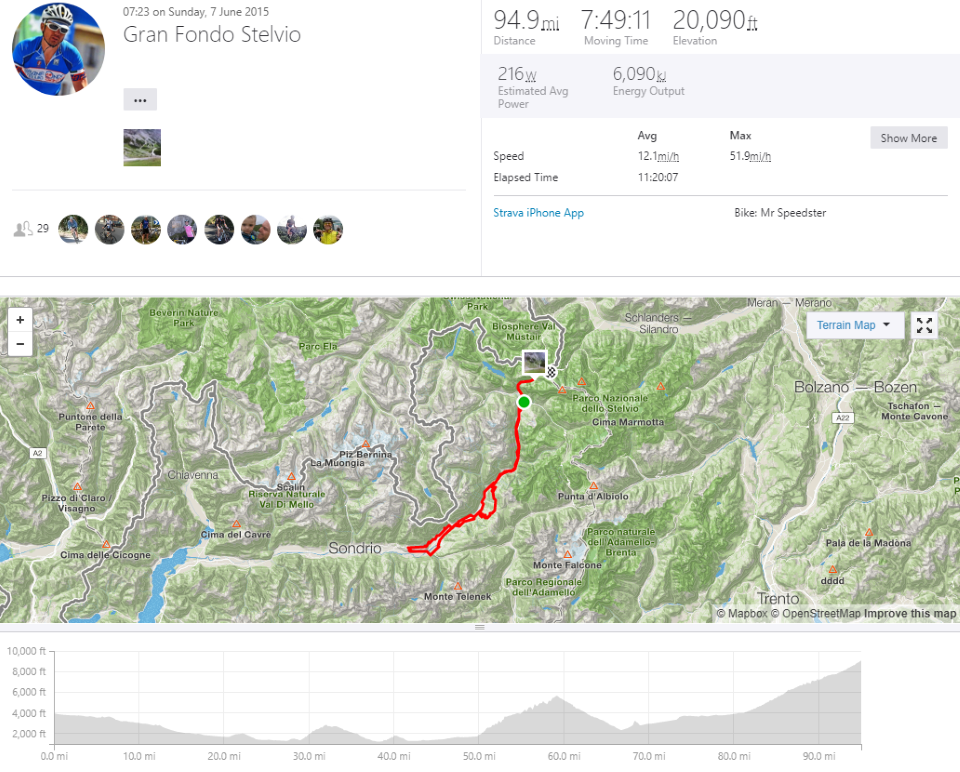
To put my ride into perspective, Italian Stefano Cecchini from TeamBagarre - Cycling Lucchese, won the 151 km Gran Fondo in a time of 5h 20m, an average speed of 17.6 mph. Stefano has some impressive wins under his belt across the Italian Gran Fondo scene.
So what’s stopping you? Are you tough enough?
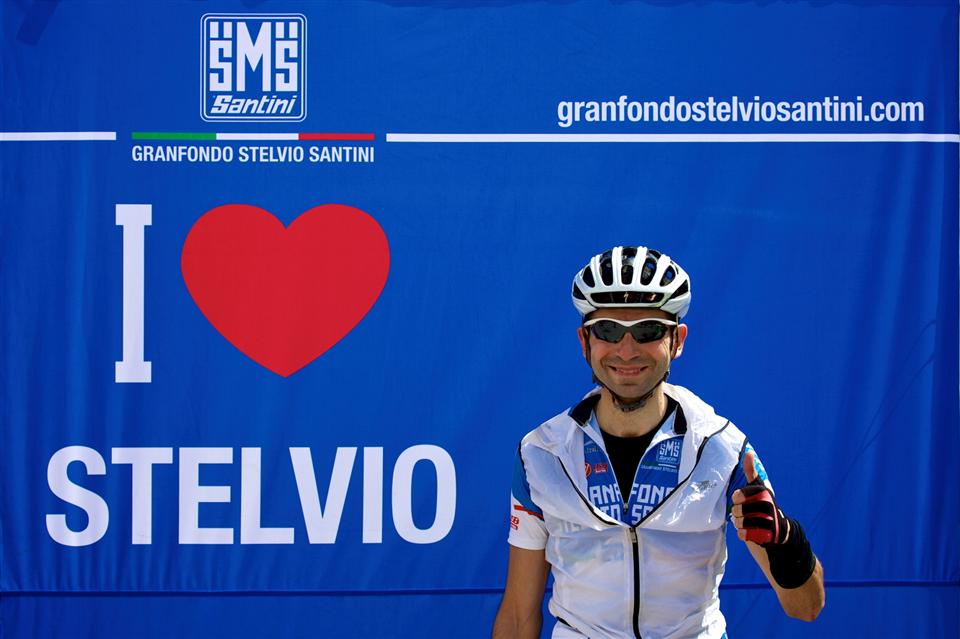
About Italy Bike Tours
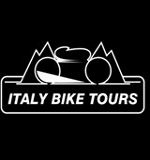 Based permanently in Italy with offices in London and California, Italy Bike Tours has built a solid reputation as one of the leading cycle tour operators in Europe.
Based permanently in Italy with offices in London and California, Italy Bike Tours has built a solid reputation as one of the leading cycle tour operators in Europe.
Their unparalleled knowledge and expertise has resulted in the creation of market leading packages for cyclists looking for "the authentic Italian cycling cultural experience".
Their personable approach, attention to detail and International client base has led them to become the partner of choice - to Italy’s most prestiguous cycling events.
If you are thinking of cycling in Europe, then discover Italy with the experts - Italy Bike Tours.



 2026 Route Presentation
2026 Route Presentation